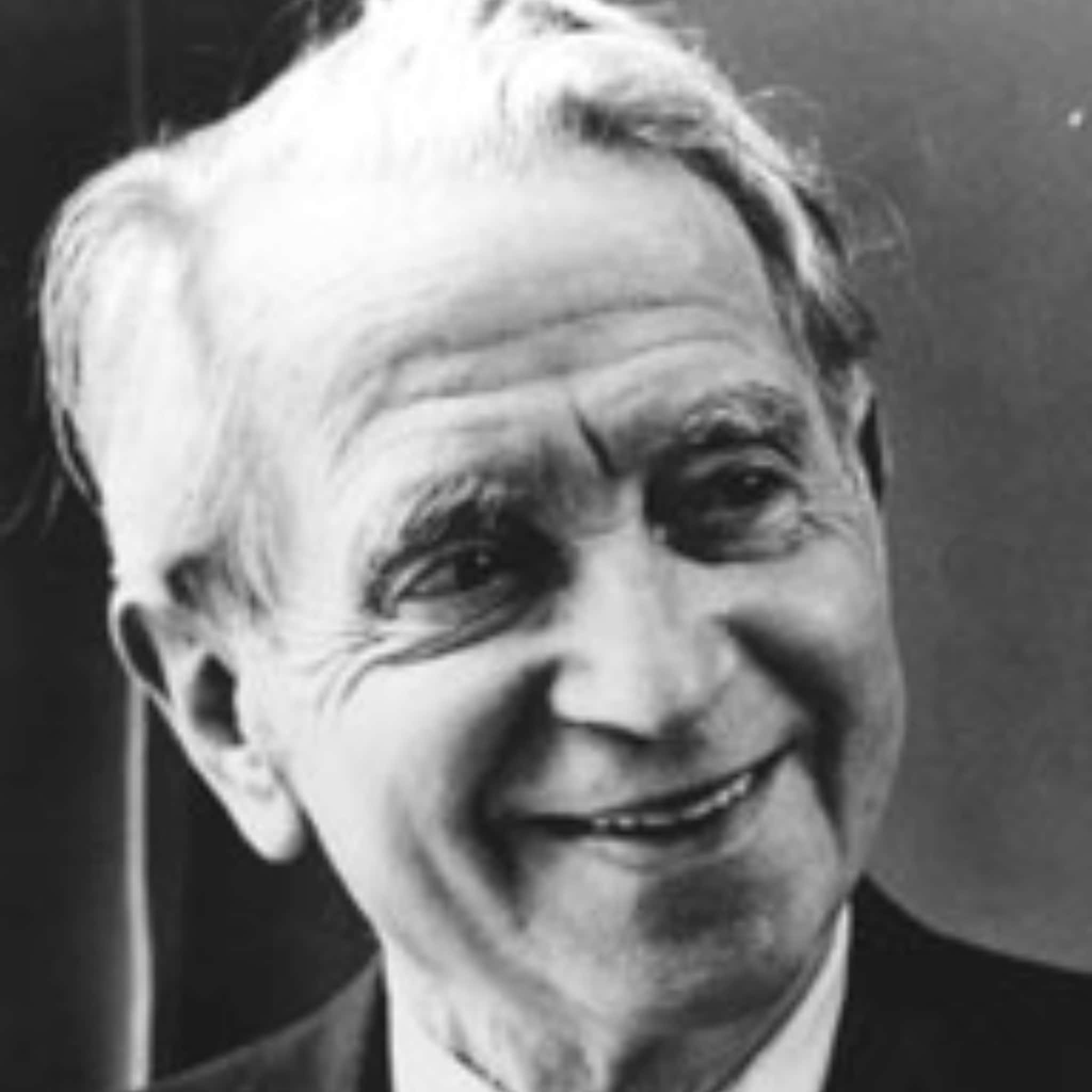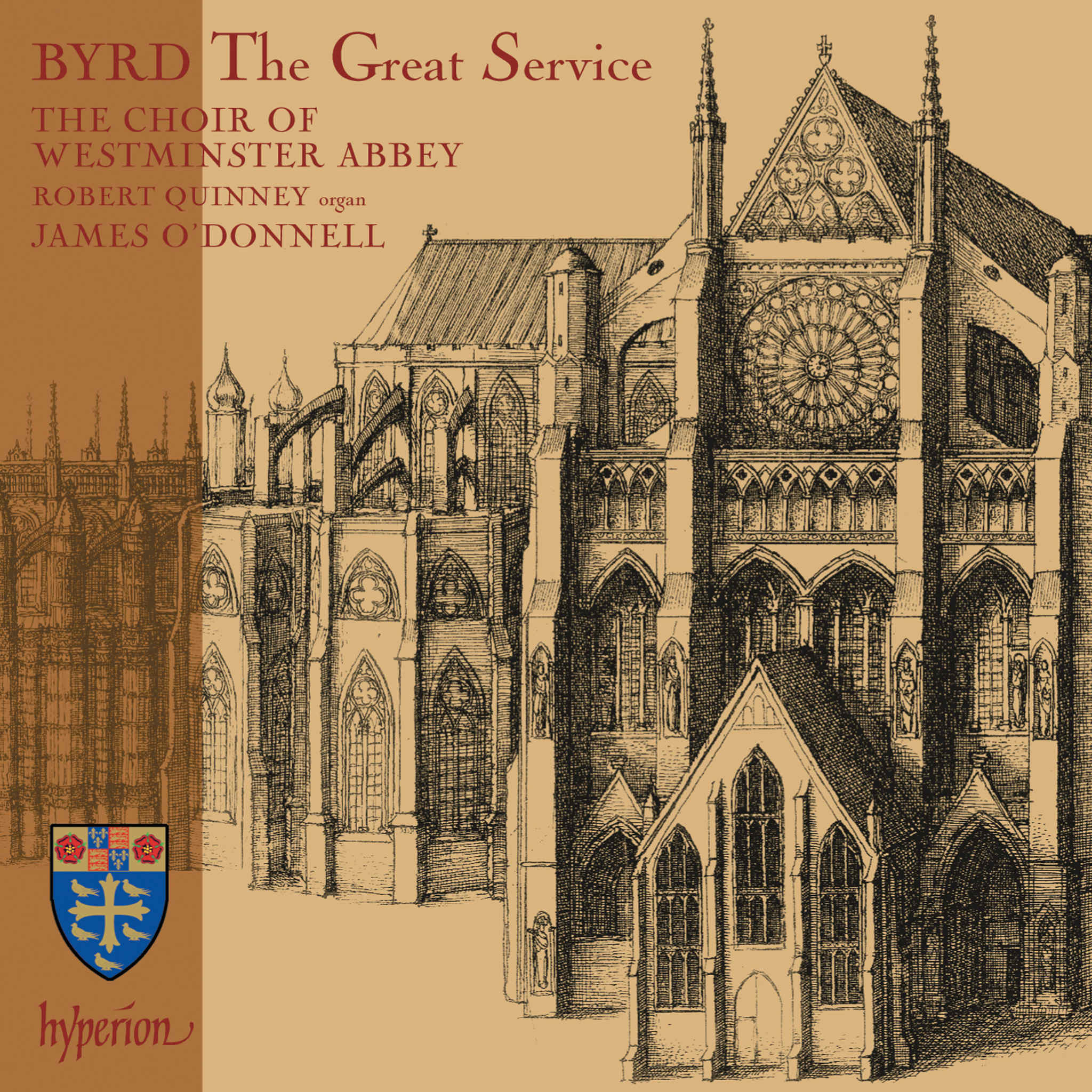Diese CD enthält Musikstücke, die an dem Festtag des heiligen Michaels und aller Engel in der Westminster Abbey aufgeführt werden. Die musikalischen Werke repräsentieren den Aufbau der drei Hauptgottesdienste eines bedeutenden Feiertags: Morgengottesdienst, Eucharistiefeier und Abendgebet.
In der Klosterära war die Matutin das morgendliche Gebet. Der englische Komponist Richard Dering konvertierte zum katholischen Glauben, und seine Motette Factum est silentium ist ein dramatisches Musikstück. Von Kenneth Leighton, einem Professor für Musik, stammen die Preces und Responses. In der klösterlichen Tradition nahmen Psalmen einen wichtigen Stellenwert ein.
Die Messe solennelle, ein eindrucksvolles Werk, wurde von Jean Langlais komponiert, der von Messiaen beeinflusst wurde. Seine Kompositionen sind modal verankert und harmonisch vielschichtig. Das Jubilate in C von Benjamin Britten charakterisiert sich durch seine beschwingte, muntere Natur. Für die Kathedrale von Canterbury schuf Sir Michael Tippett die Hymne Plebs angelica bn. Die Musik erinnert an die Tudor-Epoche, vermittelt jedoch gleichzeitig einen zeitgenössischen Eindruck.
Mit dem Psalm 91 von Sir Walter Alcock beginnt das Abendgebet. Zum 450. Jubiläum des St. John's College in Cambridge wurde die Evensong-Musik komponiert. Das Magnificat und Nunc dimittis, welches eine Trompetenfanfare beinhaltet, ist ein Werk von Sir Michael Tippett. Ein weiteres beeindruckendes Jubiläumsstück ist A Sequence for St Michael von Herbert Howells.
Die CD endet mit Jonathan Harveys Orgelkomposition Laus Deo. Dieses Werk basiert auf einer traumartigen Erfahrung des Komponisten und zeigt Einflüsse von Messiaen. Die Komposition ist kraftvoll und energisch.













